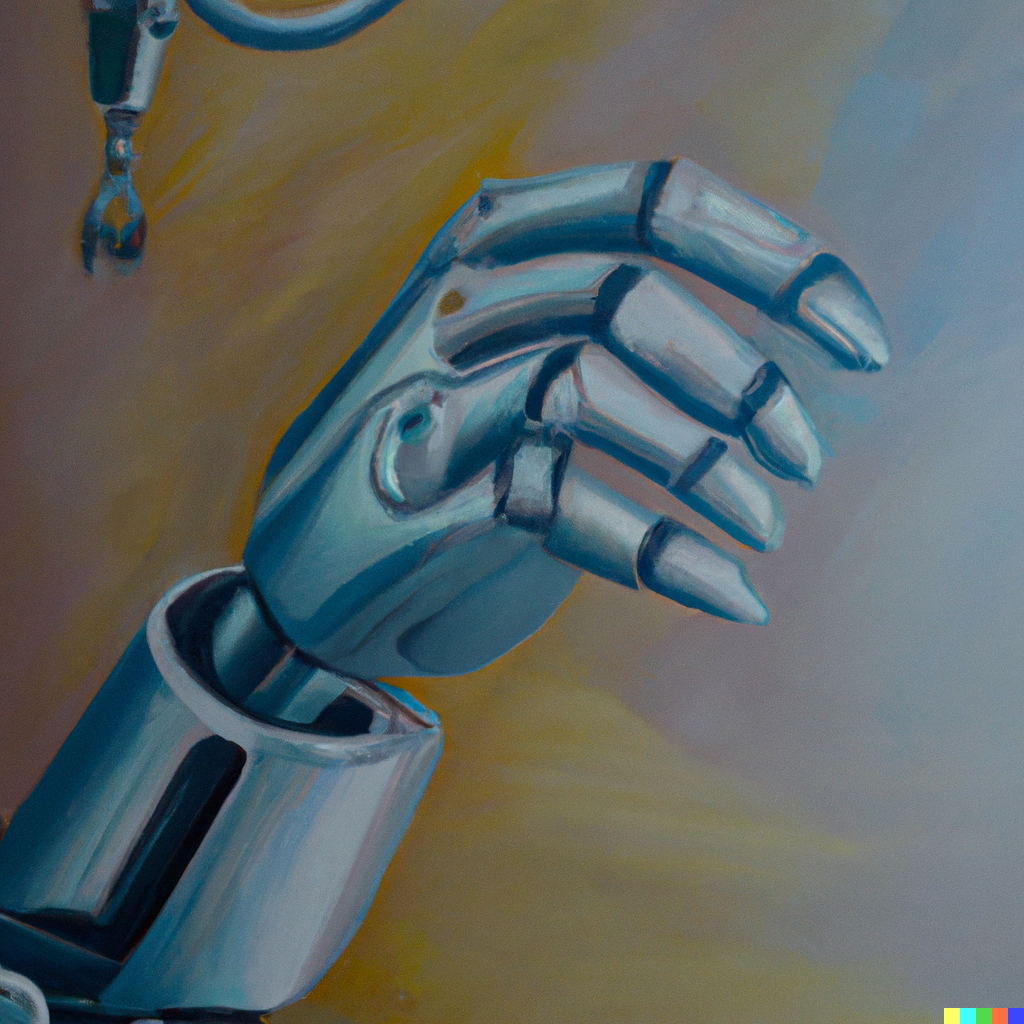Tech Ethics Debate

Technology is rapidly changing the world in ways that are both beneficial and potentially dangerous. As a result, the field of tech ethics has emerged, dedicated to exploring the ethical implications of technological advances. In particular, tech ethics has become a hot topic in philosophy, with scholars debating the ethical implications of technology and how to best use it in our lives.
At the heart of tech ethics is the idea that technology should be used for the benefit of humanity, not to the detriment of it. This means that technology should be used in a way that respects the rights of individuals and promotes the public good. It also means that tech should be developed and used with a strong commitment to ethical principles.
In their debates, tech ethicists must consider a wide range of issues. For example, they must consider the implications of artificial intelligence, the potential for technology to be used to control or manipulate individuals, the ethical implications of data collection and surveillance, and the implications of emerging technologies such as autonomous vehicles, robotics, and gene editing.
Tech ethicists also must consider ethical issues related to the use of technology in the workplace, including issues such as privacy, surveillance, and automation. They must also consider the implications of technology on society as a whole, including issues such as economic inequality, the displacement of workers, and the potential for technology to exacerbate existing social divisions.
Ultimately, tech ethicists must grapple with some of the most difficult ethical questions of our time. It is important to remember, however, that tech ethics is not about simply “banning” certain technologies or dictating how technology should be used. Rather, it is about considering the ethical implications of technology and working to ensure that technology is used in a way that benefits society as a whole.